Eight Professors Appointed at EPFL

© 2012 Alain Herzog
The Board of the Swiss Federal Institutes of Technology announced on Friday, 28 September 2012 the appointment of eight new professors and internal promotions at EPFL.
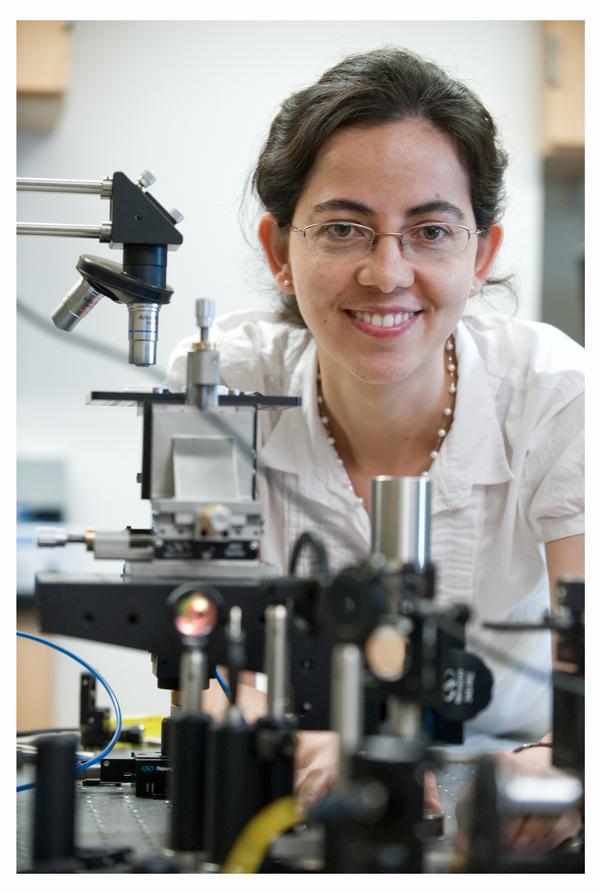 Hatice Altug has been appointed Associate Professor of Bio-engineering at the School of Engineering (STI)
Hatice Altug has been appointed Associate Professor of Bio-engineering at the School of Engineering (STI)
Hatice Altug’s experimental and theoretical research in photonics and plasmonics have contributed to the development of ultra-sensitive bio-nano sensors and photonic chip devices. In particular, she has developed manufacturing processes for photonic crystals, which are nanostructures that influence the propagation of electromagnetic waves. By combining nanofluidics and plasmonics, she has succeeded in developing devices which detect living viruses, biomolecules and chemical components.
The interdisciplinary character of Hatice Altug’s work enables her to teach in the areas of photonics, biodetection and microfluidics, in life sciences and technology, as well as biotechnology and photonics.
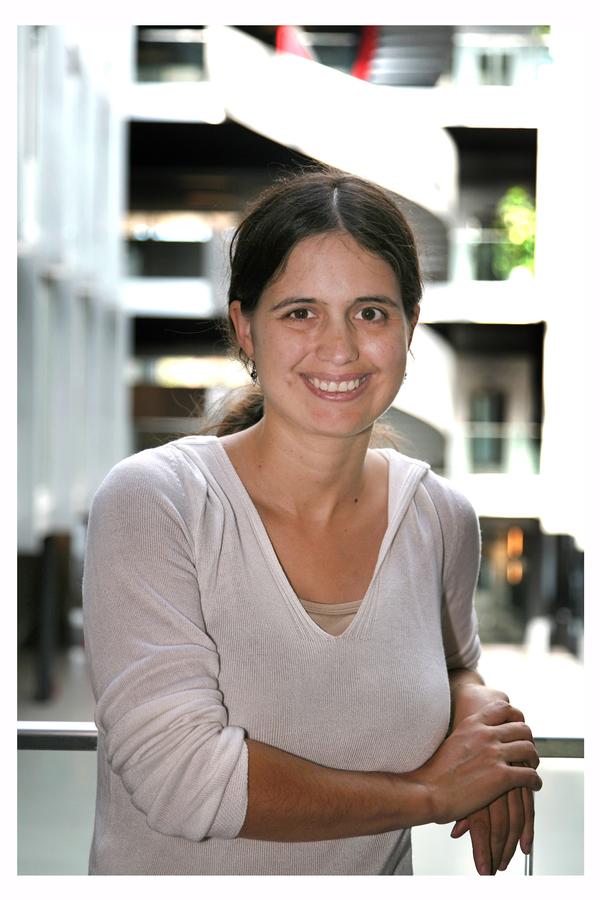 Christina Fragouli has been appointed Associate Professor of Computer Science and Communication Systems at the School of Computer and Communication Sciences (IC)
Christina Fragouli has been appointed Associate Professor of Computer Science and Communication Systems at the School of Computer and Communication Sciences (IC)
Christina Fragouli's research work focuses on network coding, coding techniques for network information transfer algorithms and more generally network communications and wireless networks.
Her contributions span from deriving fundamental performance bounds, to designing network coding algorithms, and to leveraging these ideas for applications such as network tomography, sensor networks, and security.
Her work has made original connections between communications, coding and computer science with impact both in theory and practice.
In addition, she is also the first professor at the IC school to have been rewarded by a "Junior ERC" for her work.
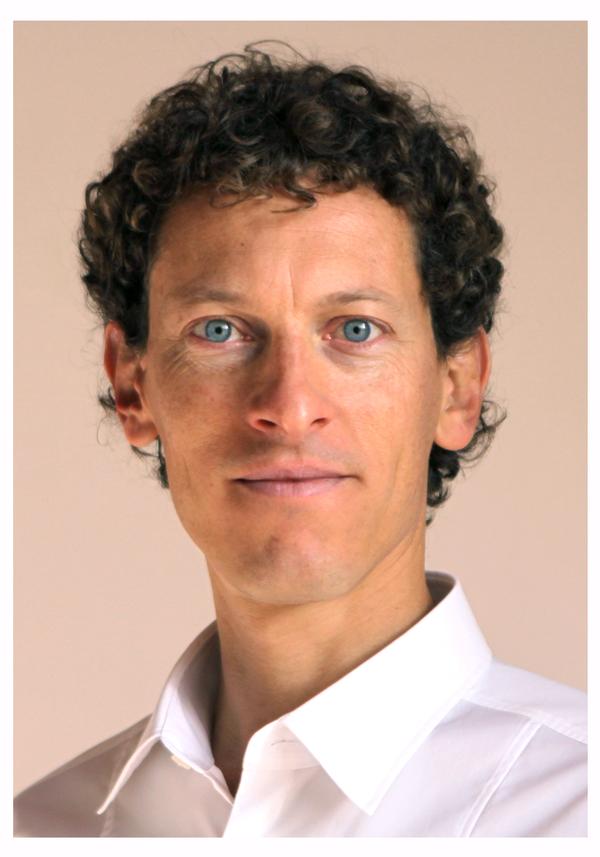 Simon Henein has been appointed Associate Professor of Microengineering at the School of Engineering (STI)
Simon Henein has been appointed Associate Professor of Microengineering at the School of Engineering (STI)
Simon Henein’s research work focuses on the design and implementation of mechanical precision devices. In a very creative way, he has succeeded in developing innovative research programs in many areas of application, ranging from robotics to the aerospace industry and watchmaking. He has worked on the design and analysis of a mechanism for the spectrometer aboard ESA/NASA’s James Webb space telescope. He is also behind a number of innovations in the Swiss watchmaking industry.
This chair is sponsored by Patek Philippe SA, and its objectives are to develop new manufacturing technologies on a micro and nanometric scale, to create concepts and high performance materials for the watchmaking industry, and to train researchers and scientists so that they can work at the forefront of these technologies.
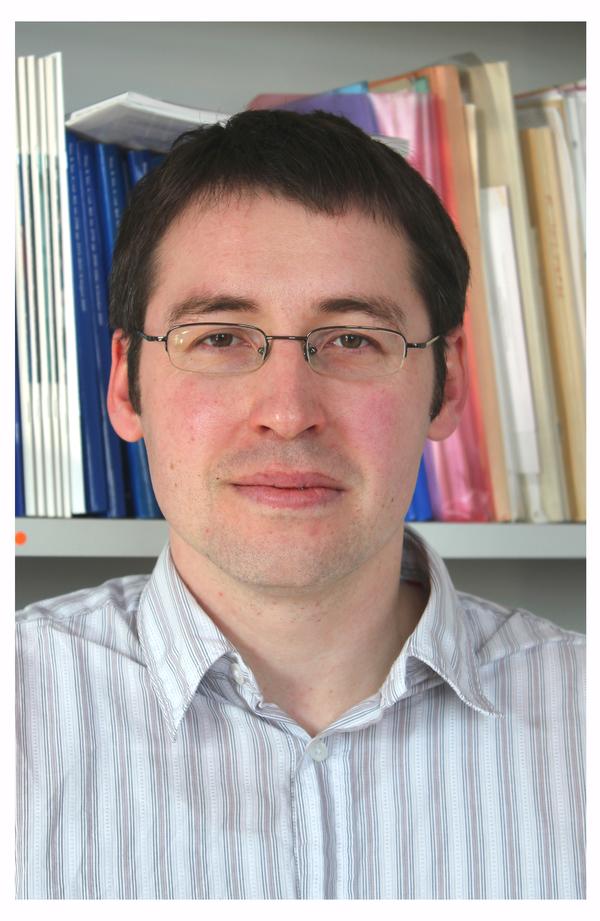 Daniel Kressner has been appointed Associate Professor of Mathematics at the School of Basic Sciences (SB)
Daniel Kressner has been appointed Associate Professor of Mathematics at the School of Basic Sciences (SB)
Daniel Kressner’s main contributions are in the area of linear numerical algebra. In particular, he has suggested new algorithms that are able to solve problems so difficult they could not be solved by previously existing algorithms, even when using the most powerful supercomputers.
In May 2011, he joined EPFL as Tenure Track Assistant Professor and held the CADMOS chair – numerical algorithms and high performance calculations. In 2011 he received the “John Todd Fellowship” which is awarded every three years by the Oberwolfach Foundation and the Mathematisches Forschungsinstitut Oberwolfach to young mathematicians excelling in the area of numerical analysis.
World specialists in linear numerical algebra are already planning to incorporate some of the algorithms developed by Daniel Kressner in linear algebra reference libraries such as LAPACK or ScaLAPACK.
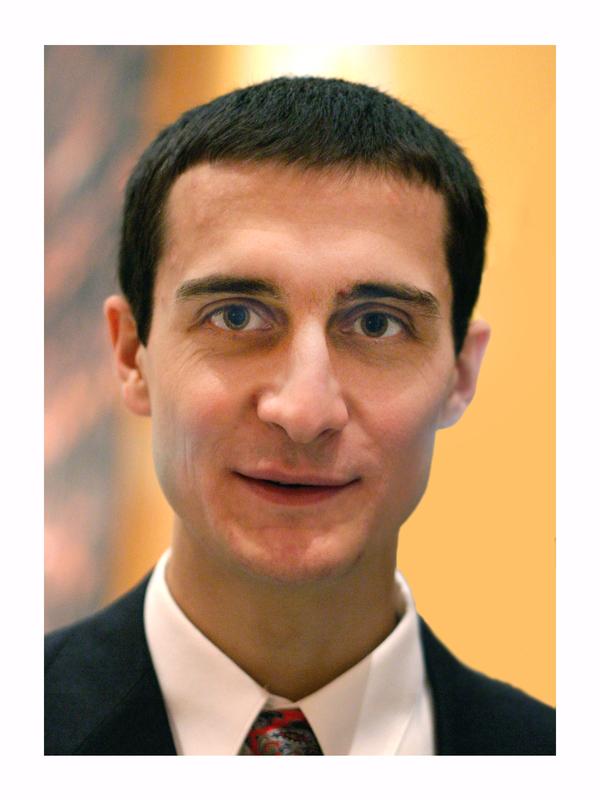 Viktor Kuncak has been appointed Associate Professor of Computer Science and Communication Systems at the School of Computer and Communication Sciences (IC)
Viktor Kuncak has been appointed Associate Professor of Computer Science and Communication Systems at the School of Computer and Communication Sciences (IC)
Victor Kuncak’s main contributions have been, on the one hand, in the area of automatic verification of programs, and on the other, in the automatic synthesis of programs which are valid by virtue of their construction. In theoretical computer science, the accuracy of an algorithm is confirmed when it can be said that the algorithm is correct with reference to a set of specifications.
“Program correctness” is probably the key discipline in computer science and includes important challenges. Victor Kuncak’s work is outstanding in terms of its theoretical foundations and establishing fundamental bases, as well as concerning the tools made available to other researchers and the community at large.
Victor Kuncak has contributed to the acquisition of several key results. Some of his ideas have influenced contemporary programming languages. For instance, he has suggested extensions for Scala, a high level language, to great effect.
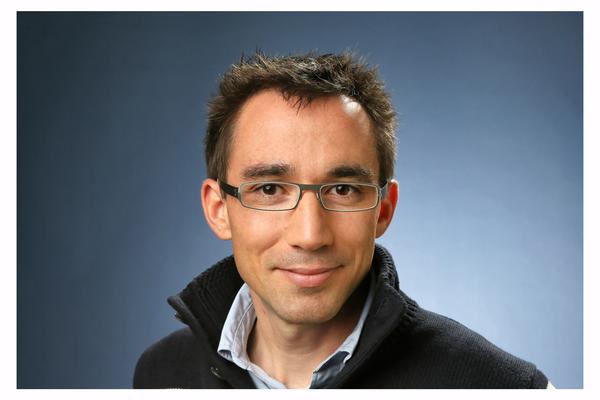 Jürg Schiffmann has been appointed Tenure Track Assistant Professor of Mechanical Engineering at the School of Engineering (STI)
Jürg Schiffmann has been appointed Tenure Track Assistant Professor of Mechanical Engineering at the School of Engineering (STI)
Jürg Schiffmann’s research work focuses on the design of advanced mechanical devices, and specifically on high-speed rotating machines with applications in the area of energy. Through both experimental and computational research, he has become an acknowledged expert in the optimization of high-speed gas bearings and their application to heat pumps. This area requires solid, multidisciplinary knowledge in mechanical design, thermodynamics, turbomachines, rotor dynamics as well as in numerical simulation and optimization. Various applications have already been studied, such as drilling, volumetric and dynamic compressors and micro gas turbine generators.
Comfortable both in academic and industrial research environments, Jürg Schiffmann has directly contributed to the transfer of technology in his area of expertise.
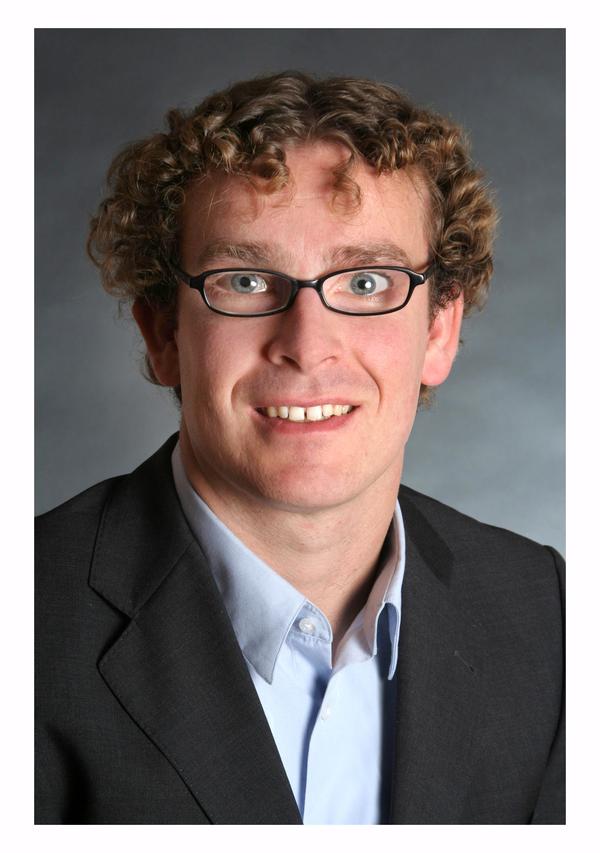 Tobias Schneider has been appointed Tenure Track Assistant Professor in Mechanical Engineering at the School of Engineering (STI)
Tobias Schneider has been appointed Tenure Track Assistant Professor in Mechanical Engineering at the School of Engineering (STI)
Tobias Schneider’s research involves several aspects of fluid mechanics – fundamental and applied – combined with dynamical systems and pattern formation theory.
His work on laminar-turbulent transition in pipe flow has provided one of the most interesting breakthroughs in fluid mechanics during the last decade. He has made substantial progress on this long-standing issue by describing the boundary between turbulent and laminar flows within precise dynamical system concepts, and by suggesting that a turbulent state in a spatially confined region might in fact not be statistically stationary but, on the contrary, decays.
His generalist knowledge has also allowed him to contribute actively to many transdisciplinary projects ranging from microfluidics and genomics to the development of solar cells.
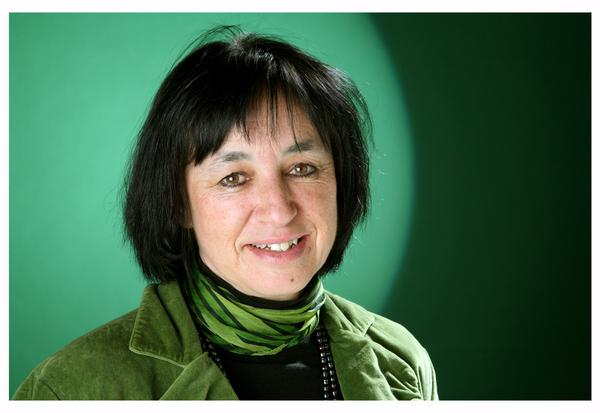 Helena Van Swygenhoven has been appointed Full Professor of Materials Science (at 20%) at the School of Engineering (STI)
Helena Van Swygenhoven has been appointed Full Professor of Materials Science (at 20%) at the School of Engineering (STI)
Helena Van Swygenhoven has made major contributions to many areas of materials science, but she is mainly known for her research on mechanisms of plastic deformation in nanocrystalline metals. She is a pioneer in the introduction of modeling at the atomic scale in this area.
By using highly complex three-dimensional molecular dynamics simulation, she has studied, on an atomic level, the response of true nanocrystalline metals to applied stress. She has also demonstrated creativity in designing and developing experimental methods to validate the results of her numerical simulations.
In 2012, Helena Van Swygenhoven was appointed Fellow of the Materials Research Society for her “pioneering contribution in using a combination of large-scale atomic simulations and elegant experiments to reveal the mechanisms of plastic deformation in metals with nanocrystalline grain sizes”.